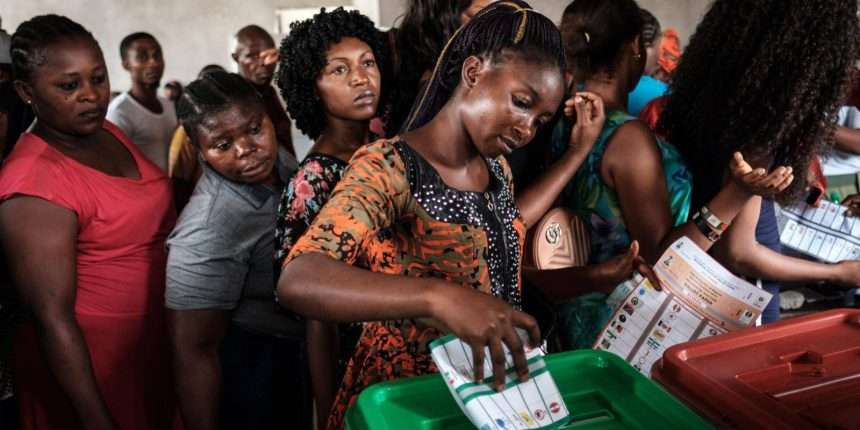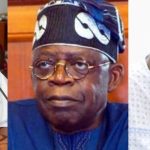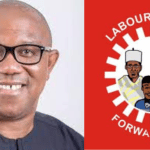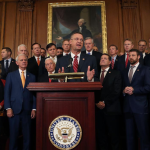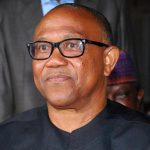Nigeria’s democracy has over the years been blighted by ethnicity and sectionalism, making the evolution to nationhood a challenging task
But all of that seem to have melted into a harmonious accord in the third republic, particularly the June 12 Presidential Election
But what has happened after and since the fourth republic has left so much to be desired as seen in the nature of the country’s contemporary politics
Nigeria’s democratic journey as an independent state in 1960 took off with hopes of prosperity in diversity.
But its ethnic diversity soon became an albatross to its progress when the first republic
collapsed in 1966, precipitated partly by regional crisis in the western region and distrust within the political and military circles
These divisions worsened the existing trust deficit leading to a brutal civil war between 1967 to 1970.
Since then, the cracks have remained, even as efforts towards national unity continues.
But with the divisive nature of politics, these differences get amplified particularly during election seasons
Some politicians have notably seized on this to curry regional loyalties over national interests, leading to poor selection processes and flawed leadership
This situation has weakened national cohesion.
But the 3rd republic politics was interestingly different. National interest seemed to override sectional considerations with millions queuing behind the charismatic MKO Abiola who’s campaign message resonated beyond ethnic barriers
Today, Nigeria’s contemporary politics is still influenced by ethnic and sectional dynamics.
These, along with weak institutions have posed greater challenges to democracy, creating the urgent need for electoral reform frameworks that will strengthen institutions such as the electoral body, the judiciary and the legislature to become truly independent
Addressing these challenges will require sustained efforts that puts national unity and democratic governance as primary objectives
By learning from the past and working towards a more inclusive and accountable political system, June 12 can go beyond an annual holiday ritual to becoming a template for elections and democracy.
Editor : Ena Agbanoma



